39 plant cell to color
Plant - Wikipedia The plant provides a home, and sometimes food, for the ants. In exchange, the ants defend the plant from herbivores and sometimes competing plants. Ant wastes provide organic fertilizer. The majority of plant species have various kinds of fungi associated with their root systems in a kind of mutualistic symbiosis known as mycorrhiza. The fungi help the plants gain water and mineral nutrients from the soil, while the plant gives the fungi carbohydrates manufactured in photosynthesis. Plant - definition of plant by The Free Dictionary plant (plănt) Any of a wide variety of multicellular organisms, most of which manufacture their own food by means of photosynthesis. Plants have cells with cell walls made of cellulose, cannot move about under their own power, and have no nervous system. They range in size from a few millimeters to trees that stand over 300 feet (91.4 meters) tall.
Plant Definition & Meaning - Merriam-Webster 1. a. : a young tree, vine, shrub, or herb planted or suitable for planting. b. : any of a kingdom (Plantae) of multicellular eukaryotic mostly photosynthetic organisms typically lacking locomotive movement or obvious nervous or sensory organs and possessing cellulose cell walls. 2. a.
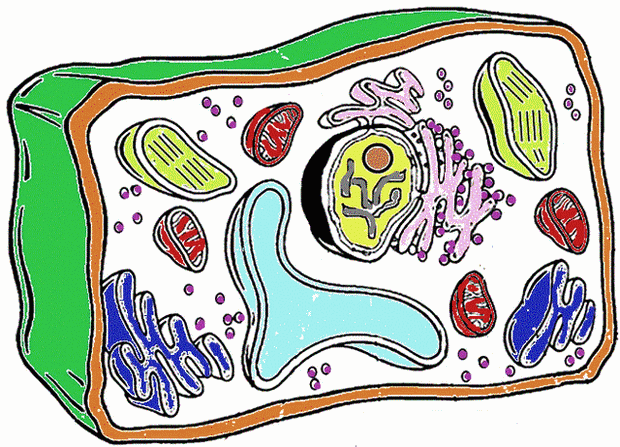
Plant cell to color
Plant | Definition, Evolution, Ecology, & Taxonomy | Britannica plant, (kingdom Plantae), any multicellular eukaryotic life-form characterized by (1) photosynthetic nutrition (a characteristic possessed by all plants except some parasitic plants and underground orchids), in which chemical energy is produced from water, minerals, and carbon dioxide with the aid of pigments and the radiant energy of the Sun, (2) essentially unlimited growth at localized regions, (3) cells that contain cellulose in their walls and are therefore to some extent rigid, (4) the ... Plant - Definition, Characteristics and Types | Biology ... Apr 28, 2017 · Plants are multicellular organisms in the kingdom Plantae that use photosynthesis to make their own food. There are over 300,000 species of plants; common examples of plants include grasses, trees, and shrubs. Plants have an important role in the world’s ecosystems. They produce most of the world’s oxygen, and are important in the food chain, as many organisms eat plants or eat organisms which eat plants. Plant cell | Definition, Characteristics, & Facts | Britannica plant cell, the basic unit of all plants. Plant cells, like animal cells, are eukaryotic, meaning they have a membrane-bound nucleus and organelles. The following is a brief survey of some of the major characteristics of plant cells. For a more in-depth discussion of cells, see cell. Unlike animal cells, plant cells have a cell wall surrounding the cell membrane. Although often perceived as an ...
Plant cell to color. Plant - Simple English Wikipedia, the free encyclopedia Plants are one of five big groups ( kingdoms) of living things. They are autotrophic eukaryotes, which means they have complex cells, and make their own food. Usually they cannot move (not counting growth ). Plants include familiar types such as trees, herbs, bushes, grasses, vines, ferns, mosses, and green algae. Plant cell | Definition, Characteristics, & Facts | Britannica plant cell, the basic unit of all plants. Plant cells, like animal cells, are eukaryotic, meaning they have a membrane-bound nucleus and organelles. The following is a brief survey of some of the major characteristics of plant cells. For a more in-depth discussion of cells, see cell. Unlike animal cells, plant cells have a cell wall surrounding the cell membrane. Although often perceived as an ... Plant - Definition, Characteristics and Types | Biology ... Apr 28, 2017 · Plants are multicellular organisms in the kingdom Plantae that use photosynthesis to make their own food. There are over 300,000 species of plants; common examples of plants include grasses, trees, and shrubs. Plants have an important role in the world’s ecosystems. They produce most of the world’s oxygen, and are important in the food chain, as many organisms eat plants or eat organisms which eat plants. Plant | Definition, Evolution, Ecology, & Taxonomy | Britannica plant, (kingdom Plantae), any multicellular eukaryotic life-form characterized by (1) photosynthetic nutrition (a characteristic possessed by all plants except some parasitic plants and underground orchids), in which chemical energy is produced from water, minerals, and carbon dioxide with the aid of pigments and the radiant energy of the Sun, (2) essentially unlimited growth at localized regions, (3) cells that contain cellulose in their walls and are therefore to some extent rigid, (4) the ...

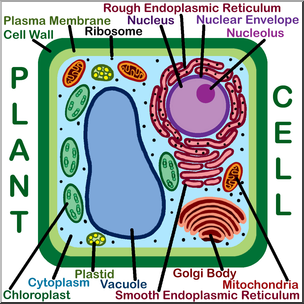
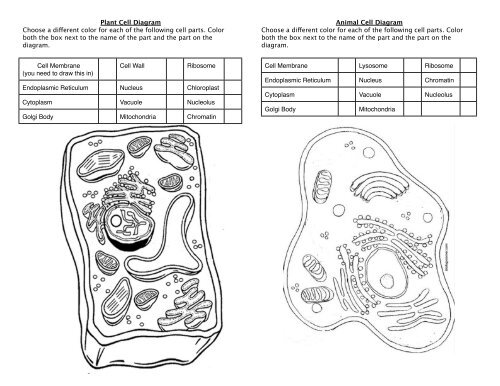

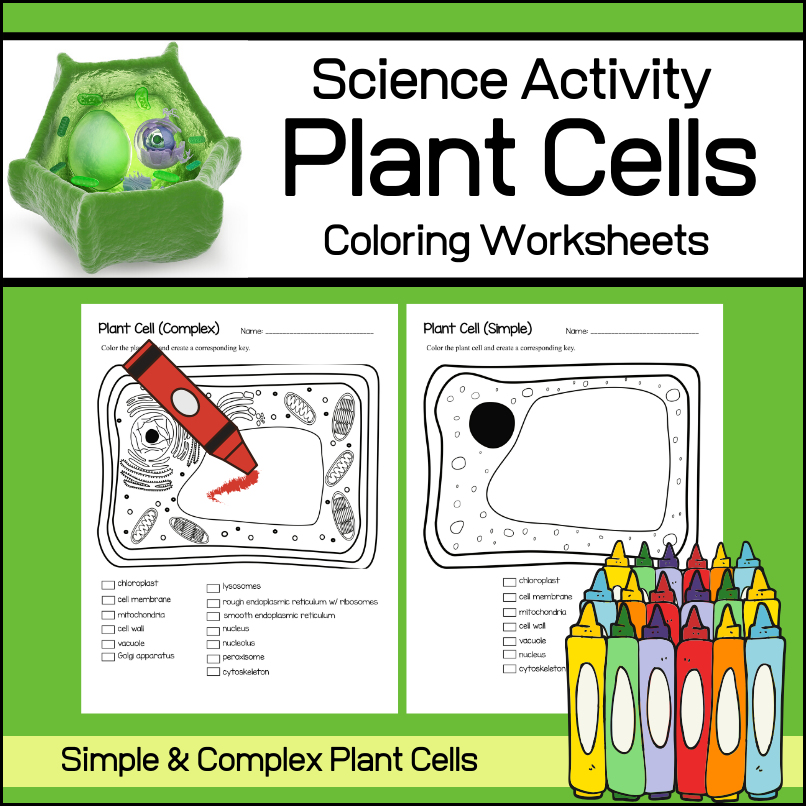

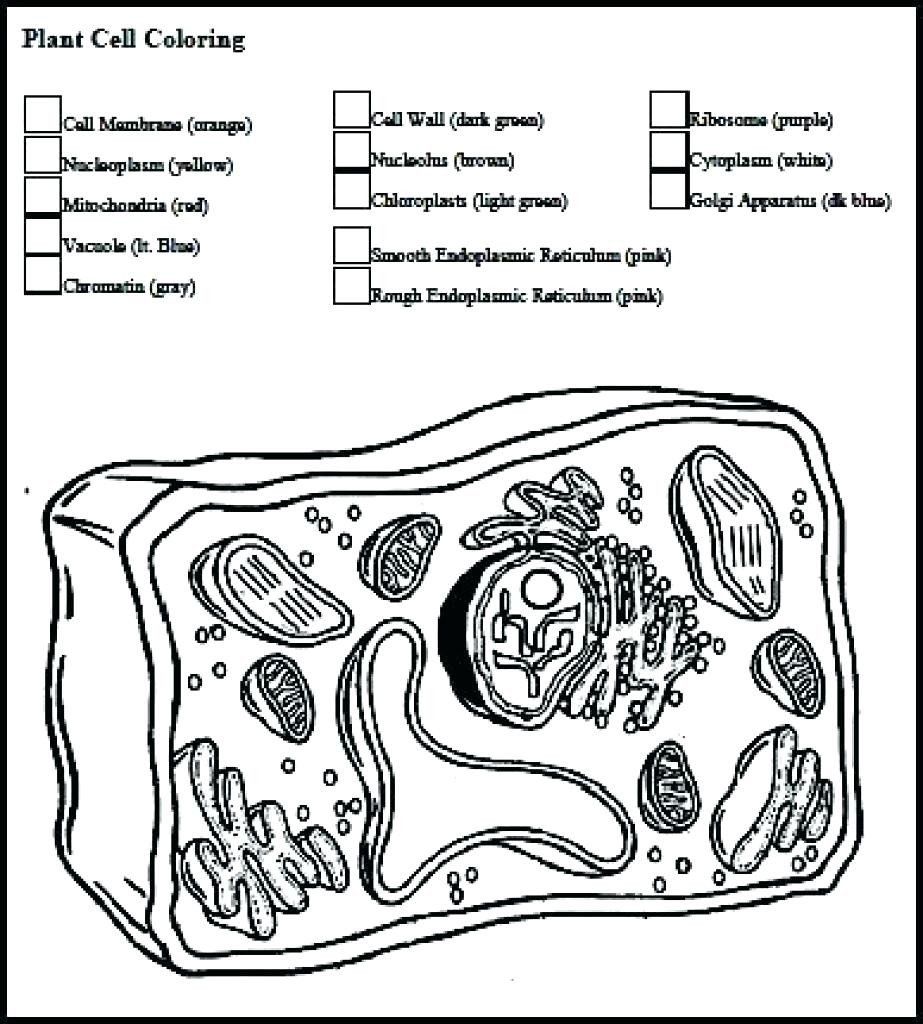


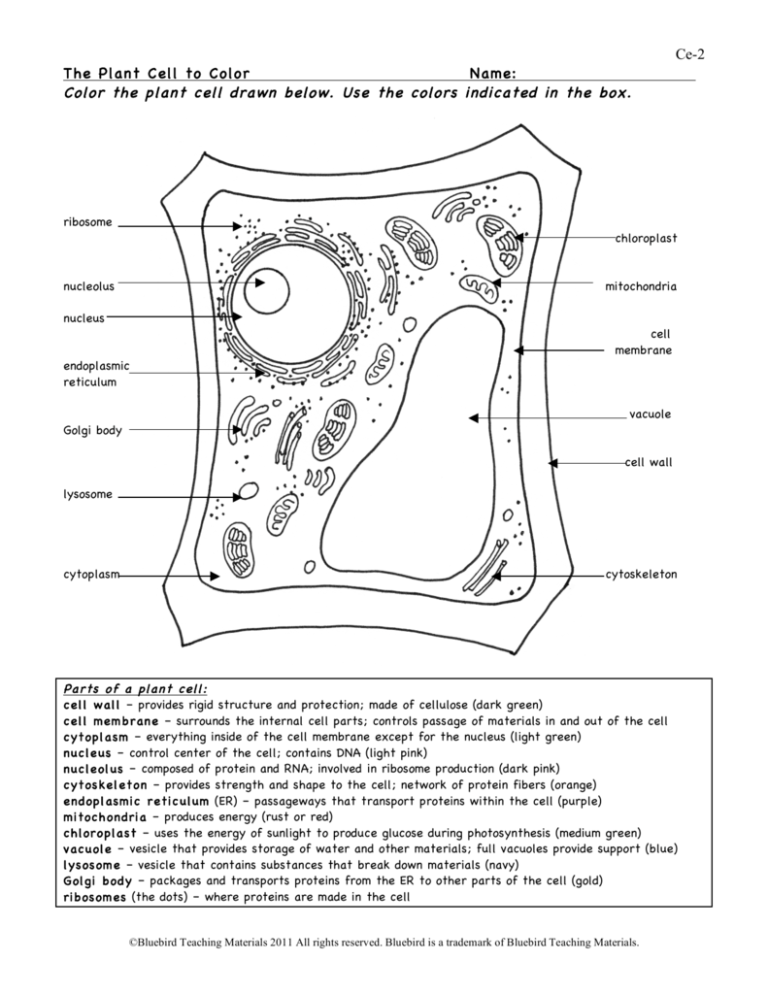

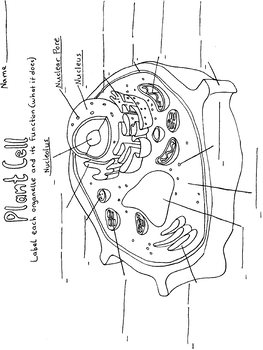


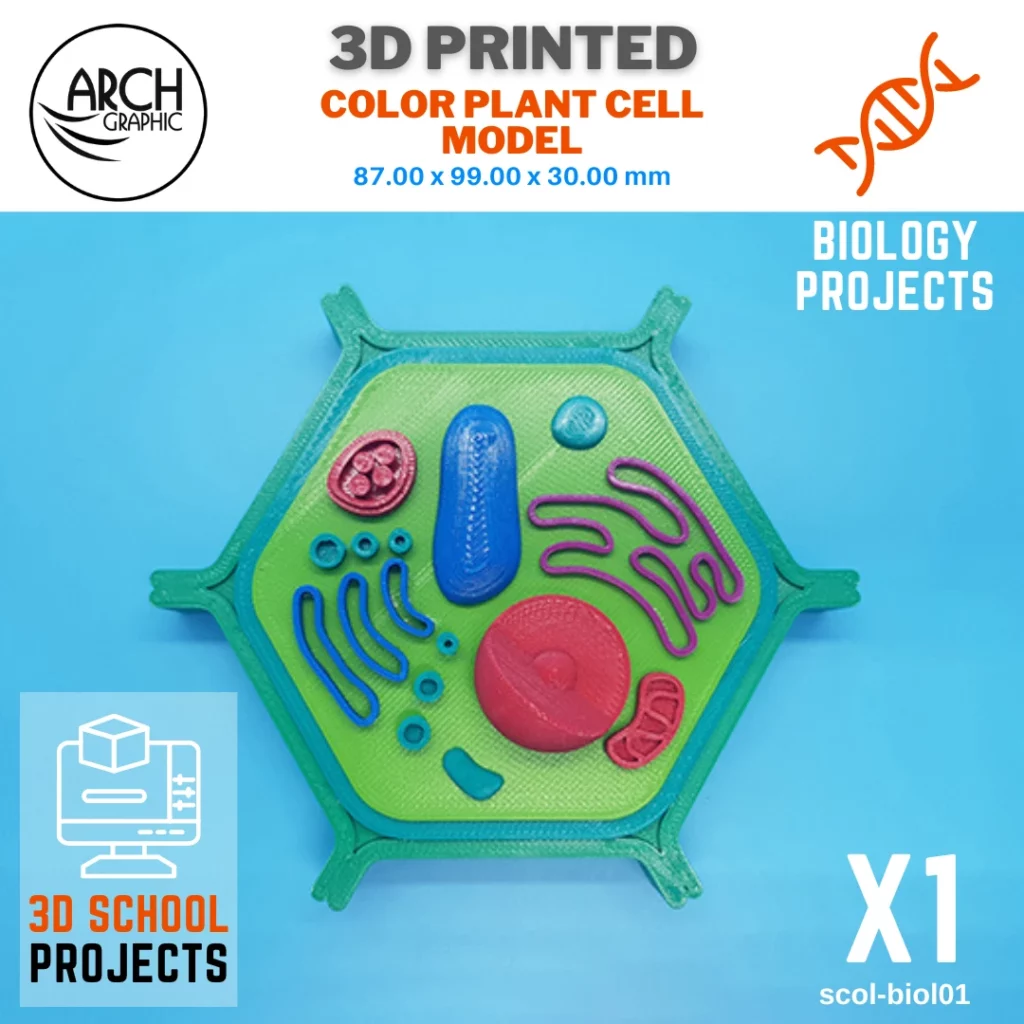
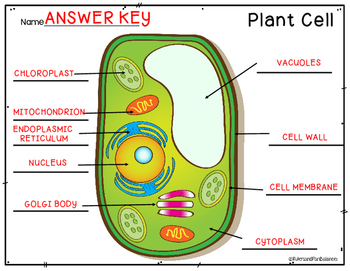

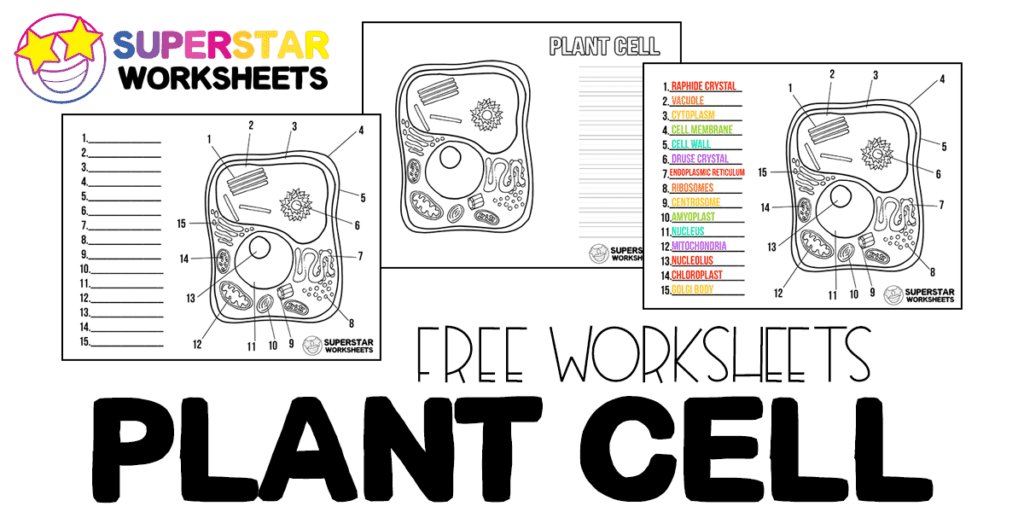
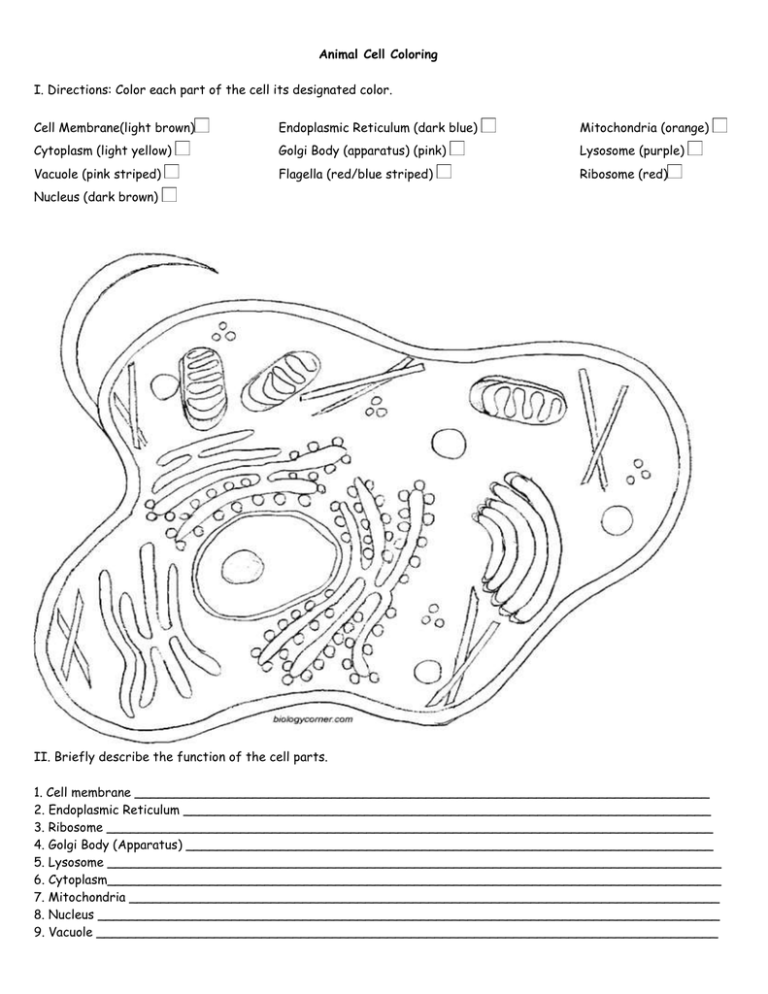
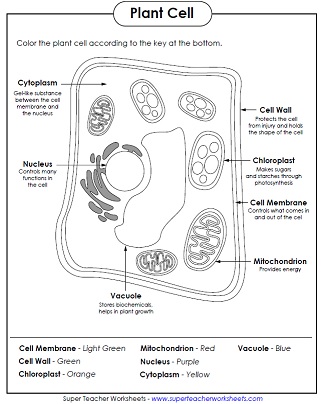
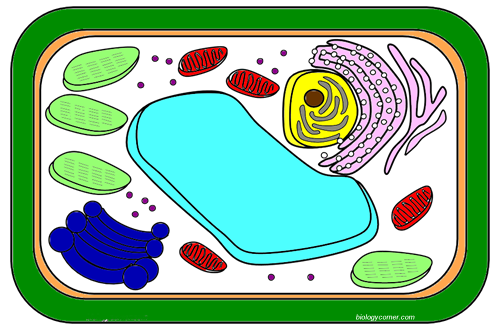

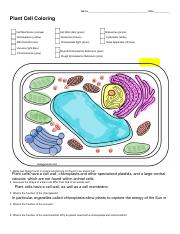
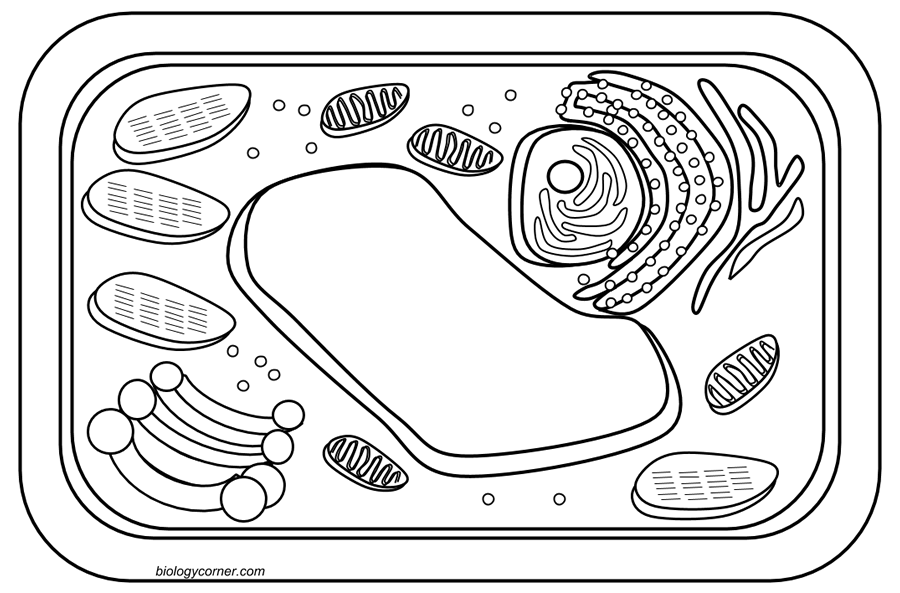
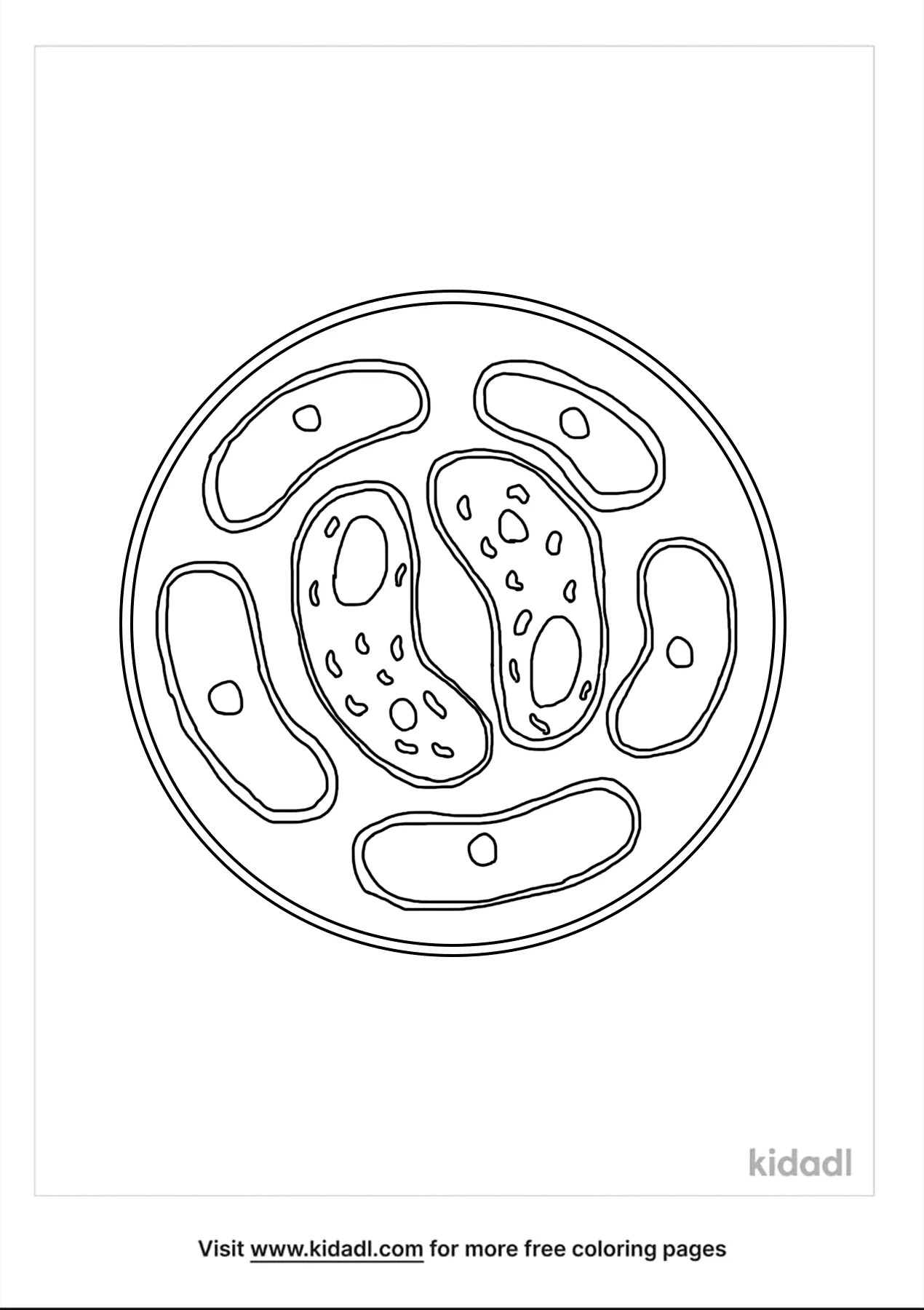
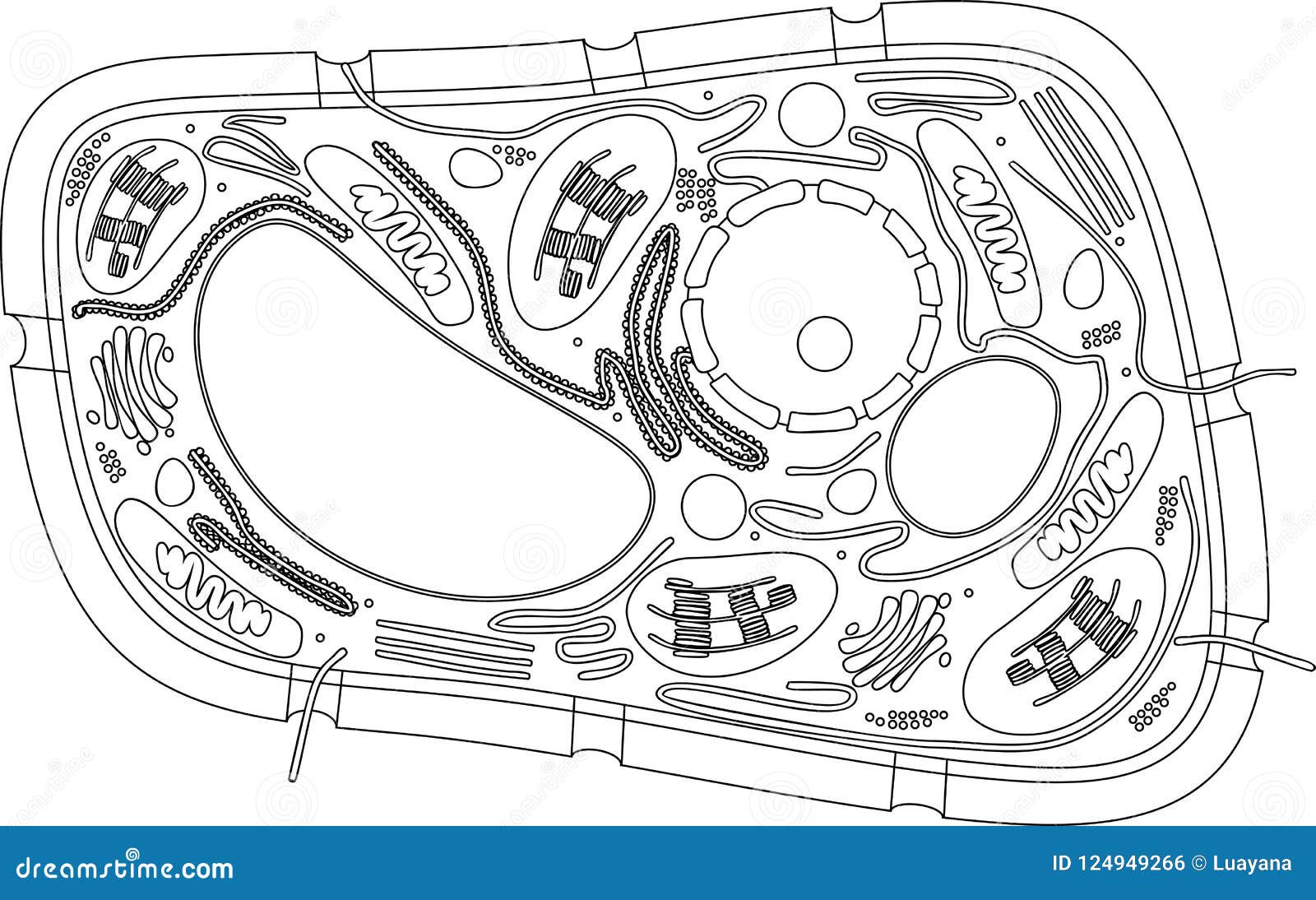
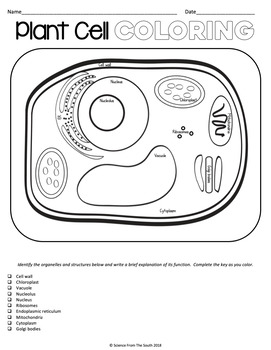
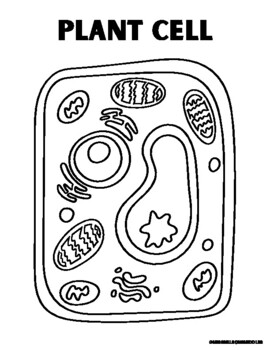

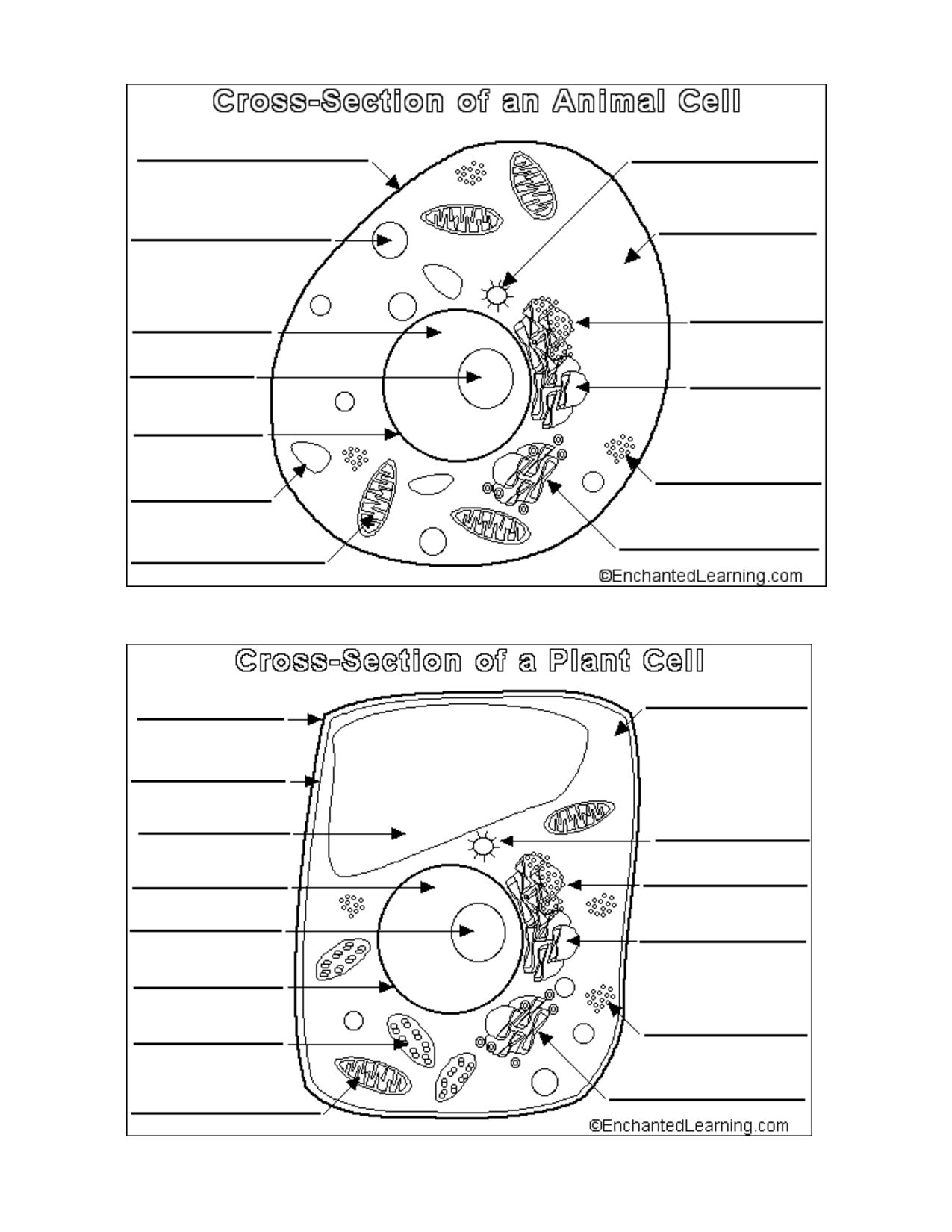


Komentar
Posting Komentar